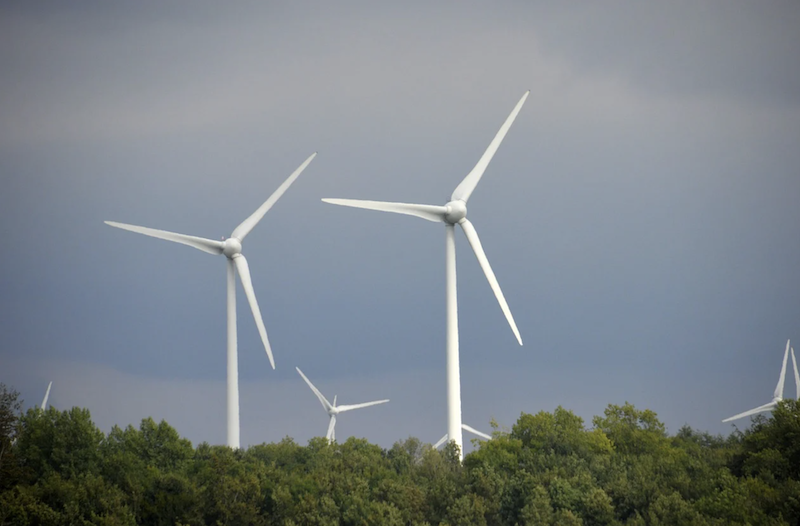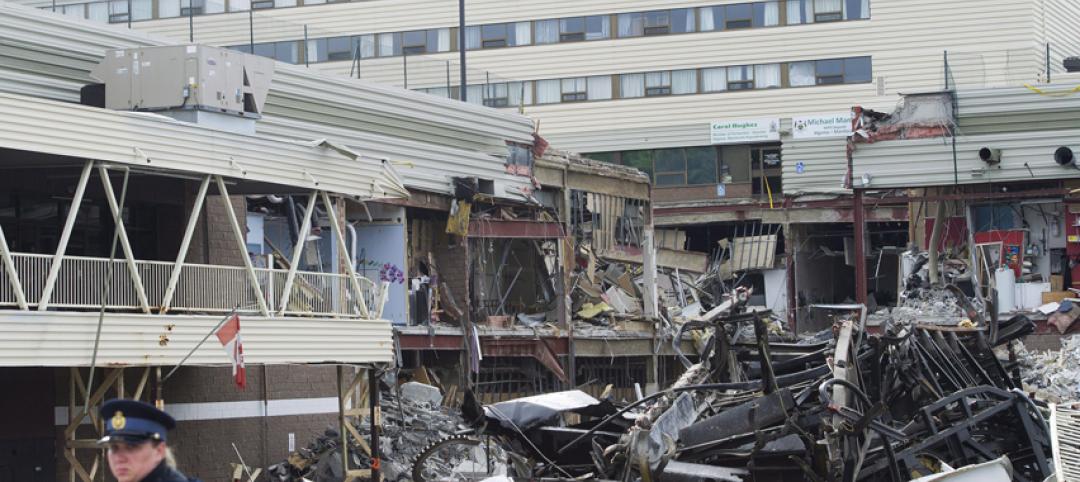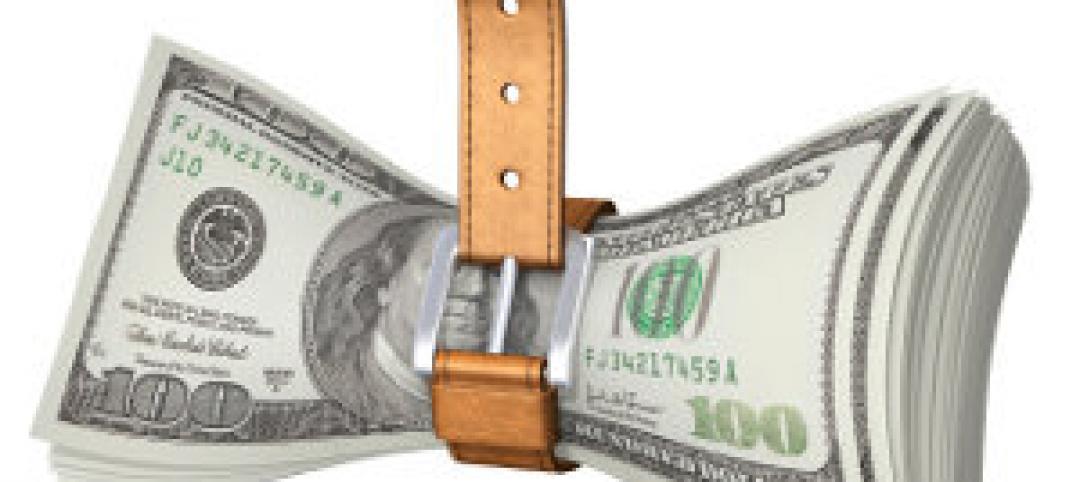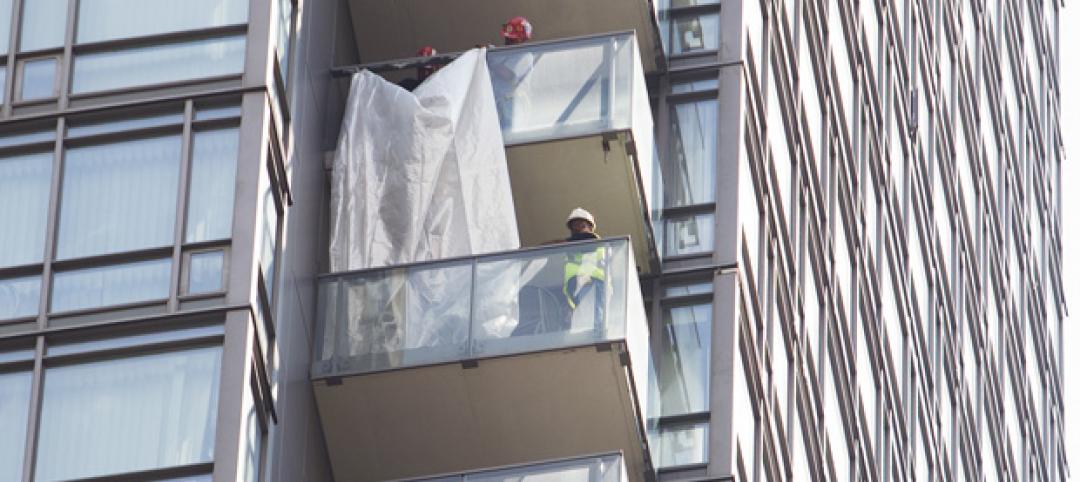The U.S. electric grid is making significant progress to zero-carbon status, according to a report from the Lawrence Berkeley National Laboratory.
Greenhouse-gas emissions from the electricity sector last year were 52% lower in 2020 than the U.S. Energy Information Administration predicted they would be back in 2005, the report says. Power-sector emissions fell 40% from 2005 to 2020, with much of the drop driven by cheap natural gas supplanting coal as the dominant fuel for U.S. power plants.
Further emissions cuts will require greater adoption of clean technologies such as energy storage, and that is achievable with the declining cost of solar and wind power generation, and battery storage, the report says. Low-carbon resources could reliably meet as much as 70%–90% of power supply needs at low incremental cost.
Other sectors, including the built environment, have made less progress in cutting emissions. Residential building emissions declined 29% from 2005 to 2020. Commercial building emissions dipped 32% during the same period.
Grid-interactive efficient buildings could help to make the grid more efficient by reducing the need for new supply and delivery infrastructure and providing another form of demand flexibility.
Related Stories
| Jul 5, 2012
Roof membrane could have prevented roof parking deck collapse, specialist says
The collapse of a section of a roof parking deck at the Algo Centre Mall in Elliot Lake in Ontario, Canada could have been prevented if the structure had a membrane, according to a concrete expert and specialist in structure analysis at McMaster University.
| Jul 5, 2012
New Joplin, Mo. hospital being built to withstand tornado that destroyed predecessor
After the May 22, 2011, EF-5 tornado destroyed St. John’s Regional Medical Center in Joplin, Mo., architects and engineers analyzed how the nine-story structure reacted to the storm.
| Jul 5, 2012
Continued tax breaks necessary for widespread adoption of net zero buildings
Tax breaks passed by the U.S. government to encourage construction of green buildings are set to expire in 2012 and 2013.
| Jun 28, 2012
Six buildings now recognized under Living Building Challenge
The Living Building Challenge (LBC), a green ratings system for design and construction that judges a building based on its actual performance, not just its projected performance at the design stage, has recognized six buildings to date.
| Jun 28, 2012
Label for building products will have ‘global warming number’
The director of the 2030 Challenge for Products says that the organization is aiming to place a label on building products that will list what’s in it, and how much embodied carbon each product represents.
| Jun 28, 2012
Top building material executive urges building resilience in sustainability standards
A meeting of 1,000 business executives at the recent Rio+20 environmental conference featured a passionate plea to include building resilience in efforts to boost sustainability.
| Jun 28, 2012
Following spate of skyscraper balcony glass panel breakages, Ontario adopts code change
Ontario's housing minister announced new building code rules to help prevent glass panels from breaking off high-rise balconies during hot weather.
| Jun 28, 2012
Factory worker deaths in Italy raise questions on building codes after earthquakes
Italian officials are questioning seismic building standards and inspection procedures in the aftermath of two damaging earthquakes.















